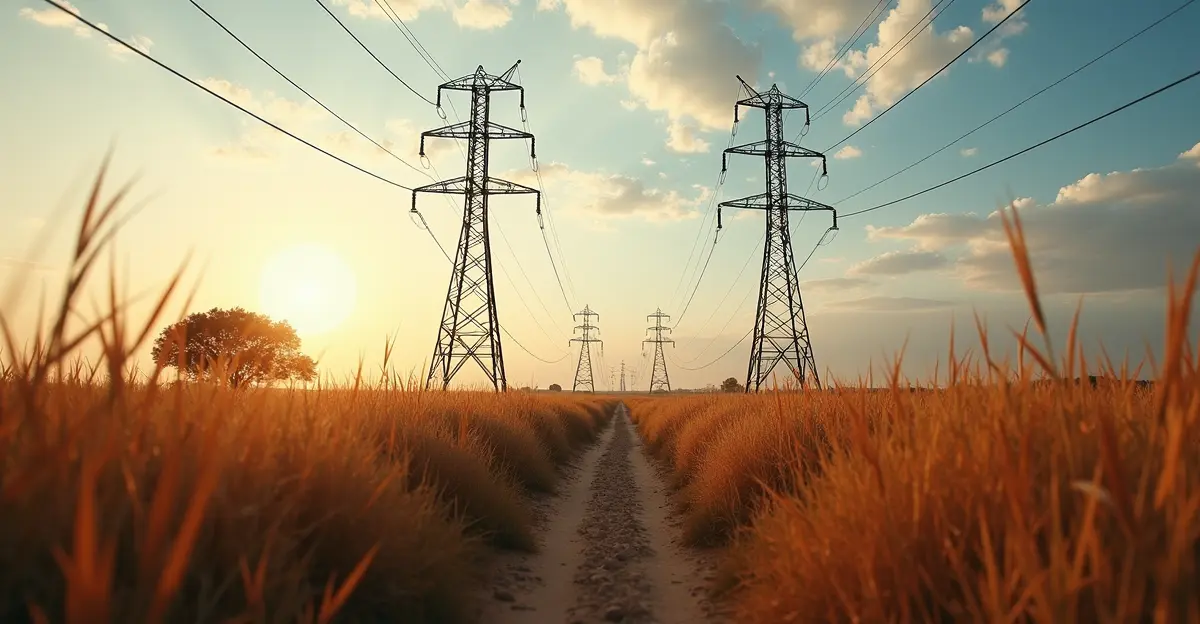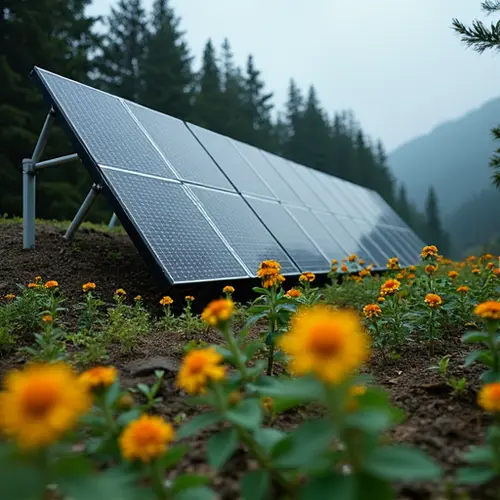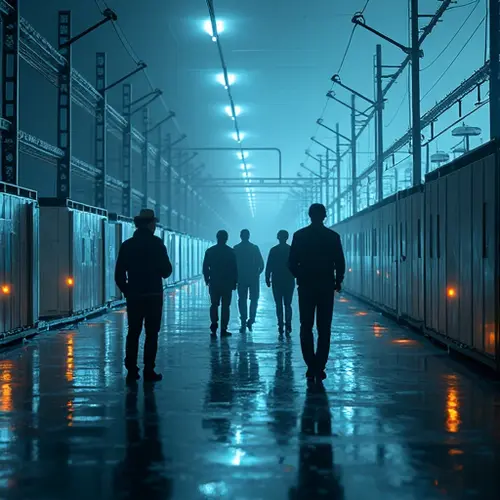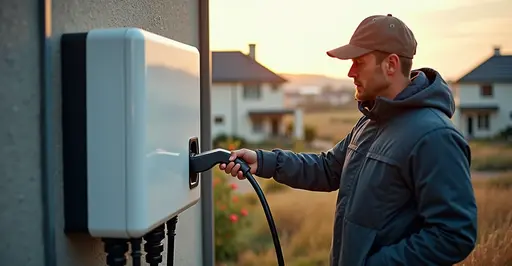
Africa's Energy Revolution: Cross-Border Power Grids Take Shape
African nations are making significant strides in energy security through ambitious cross-border power transmission projects that promise to transform the continent's electricity landscape. With over 600 million Africans lacking access to reliable electricity, regional power pools are emerging as the solution to energy poverty and economic development challenges.
Regional Power Pools Lead the Charge
The continent is organized into five major power pools: the Southern African Power Pool (SAPP), West African Power Pool (WAPP), Eastern Africa Power Pool, Central African Power Pool, and North African Power Pool. These collaborative initiatives are breaking down national barriers to create integrated electricity markets that can share resources and stabilize supply.
The Southern African Power Pool, established in 1995, has been particularly successful with 17 member countries including South Africa, Zimbabwe, Mozambique, and Botswana. SAPP has created a common power grid and competitive energy markets, including a day-ahead market that allows for efficient electricity trading between nations.
Major Transmission Projects Underway
Several landmark projects are currently transforming Africa's energy infrastructure:
CLSG Interconnector: Connecting Côte d'Ivoire, Liberia, Sierra Leone, and Guinea, this 1,300 km transmission line is bringing reliable electricity to millions in West Africa.
Mozambique-Malawi Interconnector: This project will enable Malawi to access Mozambique's abundant hydropower resources, reducing dependency on expensive diesel generation.
Zambia-Tanzania-Kenya Interconnector: Part of the Eastern Africa Power Pool, this line will facilitate power trading between Southern and Eastern Africa.
Benefits of Regional Integration
Cross-border grids offer multiple advantages: they allow countries with surplus generation (like South Africa and Egypt) to export to neighbors, enable sharing of diverse energy resources (hydro, solar, wind, thermal), reduce costs through economies of scale, and improve system reliability through interconnected networks.
"Regional power pools are essential for Africa's energy security," says Dr. Sarah Johnson, energy analyst at the African Development Bank. "No single country can achieve energy independence alone, but together we can create resilient systems that benefit all citizens."
Challenges and Future Outlook
Despite progress, challenges remain including financing gaps, regulatory harmonization, and technical capacity building. However, with support from international partners like the World Bank, African Development Bank, and European Union, these projects are gaining momentum.
The African Union's Agenda 2063 identifies energy infrastructure as critical for continental integration and economic transformation. As these cross-border grids expand, they're not just transmitting electricity—they're powering Africa's future growth and development.

 Nederlands
Nederlands English
English Français
Français Deutsch
Deutsch Español
Español Português
Português







